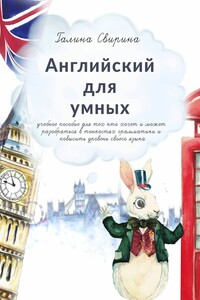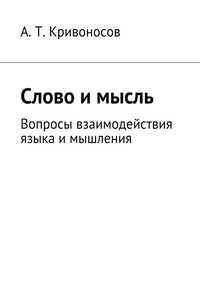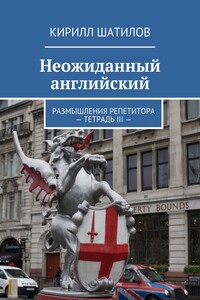Английский язык для юристов. Предпринимательское право | страница 52
A demand note is payable whenever the payee demands payment. A time note, on the other hand, is payable at some future time, on a definite date named in the instrument. Unless a note is payable in installments, the principal (face value) of the note plus interest must be paid on the date that it is due. In an installment note, the principal together with interest on the unpaid balance is payable in installments (series of payments) at specified times.
A certificate of deposit is an acknowledgment by a bank of the receipt of money and promise to pay the money back on the due date, usually with interest.
In addition to drawers of drafts and checks, makers of notes, and payees of both types of instruments, there are other parties to commercial paper. They are the bearer, the holder, the holder in due course, the endorser, the endorsee, and the acceptor.
A bearer is a person who is in possession of a negotiable instrument that is payable to bearer or to cash. A person who is in possession of an instrument that has been indorsed in blank (by the payee's signature alone) is also a bearer. A holder is a person who is in possession of a negotiable instrument that is issued or indorsed to that person's order or to bearer. One who is a bearer is always a holder; however, one who is a holder may or may not be a bearer. A holder in due course is a holder of a negotiable instrument who is treated as favored and is given immunity from certain defenses.
An endorser is a person who indorses a negotiable instrument. This is done in most cases by signing one's name on the back of the paper.
An endorsee is a person to whom a draft, note, or other negotiable instrument is transferred by endorsement. An acceptor is a drawee of a draft who has promised to honor the draft as presented by signing it on its face.
To be negotiable, an instrument must be signed by the maker or drawer, and must contain no conditions that might in any way affect its payment.
An instrument is conditional, and thus not negotiable, if it states that it is subject to any other agreement; paid only out of a particular fund; charged to a particular account. An instrument may state that it «arises out of» another agreement without being conditional.
In addition to being unconditional, a negotiable instrument must contain a promise to pay (as in a note) or an order to pay (as in a draft).
A negotiable instrument must be payable in a fixed (clearly known) amount of money even though it is to be paid with stated interest or by stated installments; with stated different rates of interest before and after default or a specified date; with a stated discount or addition, if paid before or after the date fixed for payment; with exchange or less exchange, whether at a fixed rate or at the current rate; or with costs of collection, an attorney's fee, or both upon default.



